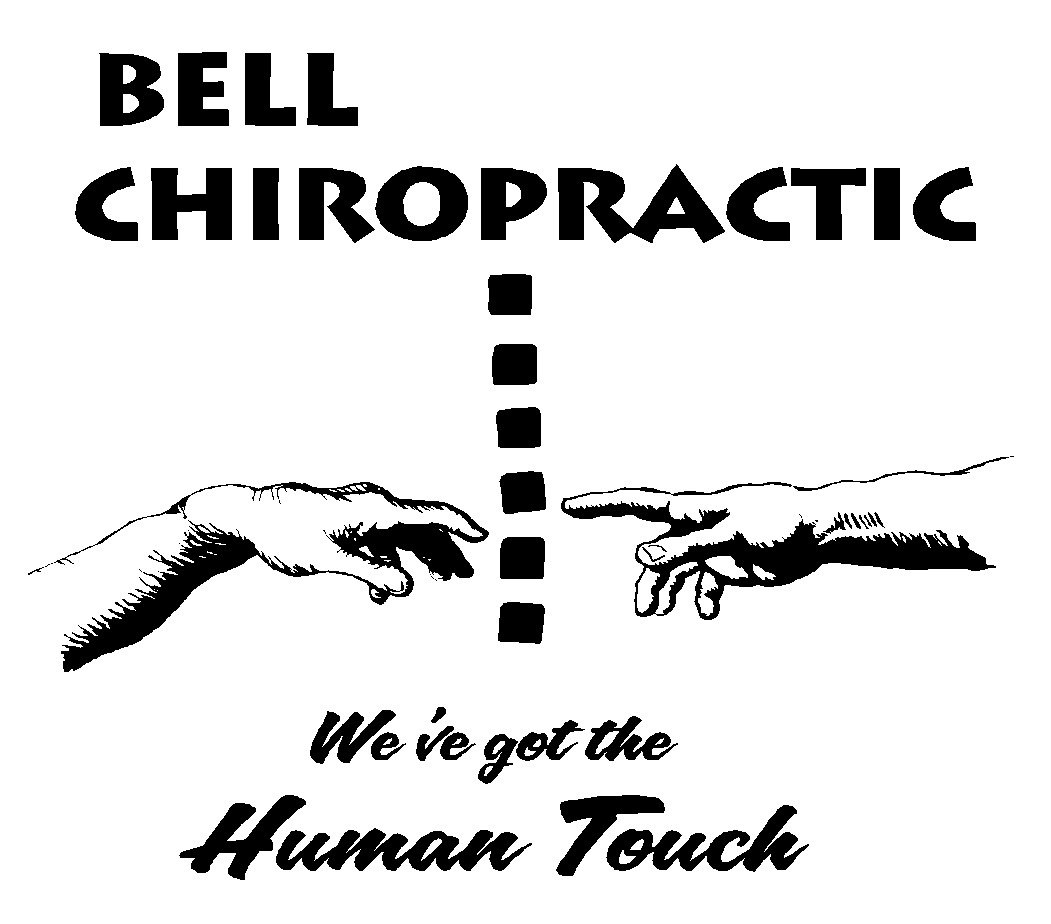GOOD FAITH ESTIMATE
By Law, you have the right to receive a “Good Faith Estimate" explaining how much your medical care will cost.
Under the No Surprise Act of 2022 law, ALL HEALTHCARE PROVIDERS need to give Self-Pay patients, those who don't have insurance, or who are not using insurance, an estimate of the bill for medical items and services.
The information provided in the GFE is only an estimate (not a guarantee or quote) of items or services reasonably expected to be furnished at the time the GFE is issued to the under-insured or uninsured (or self-pay) individual; actual items, services, or charges may differ from the GFE.
The good faith estimate is not a contract and does not require you to obtain the items or services from any of the providers or facilities identified in the good faith estimate.
You have the right to receive a Good Faith Estimate for the total expected cost of any non-emergency items or services.
This includes related costs like medical tests, prescription drugs, equipment, and hospital fees.Make sure your healthcare provider gives you a Good Faith Estimate in writing at least 1 business day before your medical service or item.
You can also ask your healthcare provider, and any other provider you choose, for a Good Faith Estimate before you schedule an item or service.
If you receive a bill that is at least $400 more than your Good Faith Estimate, you can dispute the bill.
Make sure to save a copy or picture of your Good Faith Estimate, in case you need to dispute charges.
For questions or more information about your right to a Good Faith Estimate, visit www.cms.gov/nosurprises.
